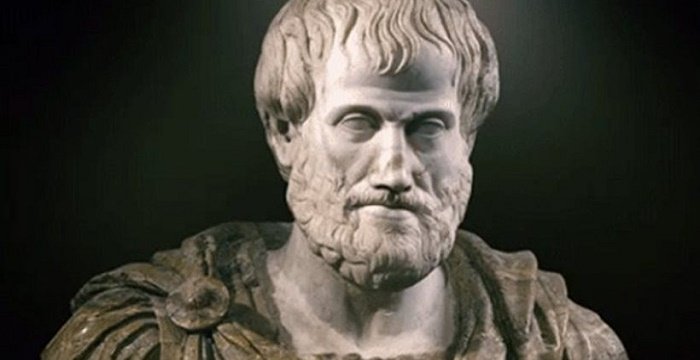
Who is Aristotle?
One of the greatest Greek philosophers, Aristotle is born in 384 BC in Stagira located the north-west coast of the Aegean Sea. His father was very learned and knowledgeable person. He was employed as a physician in the court of the king of Macedonia; Aristotle spent most of his boyhood days there. Philip II, Alexander’s father transformed Macedonia into the most powerful state of the world in Greece.
Aristotle with Famous Philosopher
Aristotle studied under the famous philosophers Plato for about twenty years. Then he was 17 years of age. Plato taught in his academy in Athens. Athens was a very famous city State in ancient Greece.
It produced many thinkers, philosophers and men of knowledge which included Thucydides, Herodotus, Plato, Socrates and Aristotle himself. The free-thinking and liberal atmosphere in the city of Athens encouraged and simulated much enquiry and discussion on many different subjects of human knowledge.
After Plato Death
Aristotle devoted himself whole-heatedly to the search of truth and knowledge under the noble guidance and tutelage of his mater Plato. He left the Academy after his master’s death in 347 BC. Later Aristotle developed his own ideas and theories and went far beyond Plato in depth and breadth of knowledge. He was interested in almost all the aspects of human knowledge and believed in goodness and strong moral character.
He was also the tutor of Alexander the Great in Macedonia. In 325 BC he returned to Athens and set up his own academy, the Lyceum where he taught for the next 12 years. He believed that every question and problem has a logical explanation. He was first man to find solutions and answers to them based on investigations experiments and observations.
Thoughts of Aristotle
Aristotle had a grand library and a museum in his Lyceum. He walked in the gardens of his school discussing and debating issue with his senior students. Since he walked when teaching, the Athenians called his school the “Peripatetic”, meaning walking about.
Aristotle was interested practically in every issue faced by human beings. What is the truth? Human brain works? What is the purpose of life? How to discriminate between good and evil? He taught his students all the possible subjects known to man their including astronomy, biology, anatomy, literature, philosophy, politics, ethics, logic, oratory etc.
As a Writer and Death of Aristotle
When anti-Macedonia feelings grew in Athens in 323 BC, the Athenians began to accuse Aristotle of impiety. Therefore, he thought it better to flee from there and escaped to Chaleis on the island of Euboea. There he died in 322 BC. It is believed that he wrote four hundred books on various subjects but most of them were lost with the passage of time. The best known his writings that have been preserved deal with logic, rhetoric, poetics, and history of animals, metaphysics, ethics, psychology and politics.
Aristotle Theories Conclusion
Modern science has found that the observation made by Aristotle more than 2000 years ago are true and based on facts. His books have been studied, discussed and debated all over the world for hundreds of years. No other thinker has influenced our thinking so long and so widely. His impact on the history of human thoughts has been so deep and great.
Aristotle became critical of his own teacher Plato as he developed and grew in maturity. Many of his theories and teachings run contrary to those of Plato. During the middle Ages, he was referred to simply as “The Philosopher”
